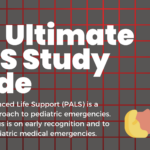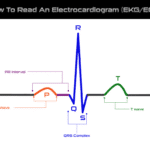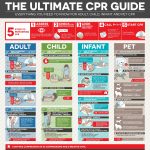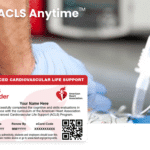The medical term “acuity” comes from the root word “acumen” defined as an ability to understand or intelligence. In the health care profession, patients require different levels of skill or levels of acuity. The most urgent is often referred to as “high acuity” which is often the identifier for ER’s, ICU’s, NICU’s, etc. Fortunately, pre-hospital personnel (paramedics) are high-acuity health care professionals who respond to emergencies within the community. Following Advanced Cardiac Life Support (ACLS) protocols, their actions and those high acuity hospital personnel intervene to save lives when sudden cardiac arrest occurs.
Confusing to those not working in the health care profession is the designation of sudden cardiac arrest and heart failure. These are not the same conditions, although each can lead to the development of the other. Cardiac arrest occurs when the heart develops an arrhythmia that causes it to stop beating (U.S. National Library of Medicine). Heart failure results from the added stress of health conditions that either damage the heart or make it work too hard (American Heart Association).
The American Heart Association has suggested several risk factors contributing to heart failure – those risk factors include.
– Past heart attack (myocardial infarction)
– High blood pressure (hypertension)
– Abnormal heart valves
– Heart muscle disease (cardiomyopathy) or inflammation (myocarditis)
– Heart defects present at birth (congenital heart disease)
– Severe lung disease
– Diabetes
– Sleep apnea
(American Heart Association, “Understanding Your Risk of Heart Disease”, heart.org)
Recognizing these risk factors and taking measures to improve overall health, eliminating some of the risks and following doctor’s advice is the best way to keep heart failure under control. Living a healthier, happier life without added risk is the goal.










